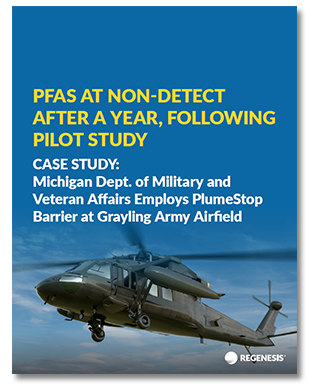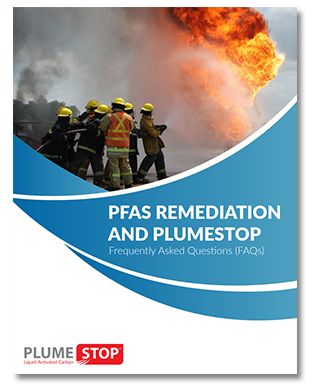This article outlines 5 reasons remediation of PFAS contaminated sites is vital to both human health and the global economy. It is based on a wide-ranging report from the Nordic Council of Ministers entitled The Cost of Inaction Linked to PFAS Exposure, which had the dual purpose of estimating the costs to society related to the negative impacts on human health and the environment due to PFAS exposure, as well as to highlight the economic case for taking effective and timely action to manage the risks posed by these negative impacts. Our document provides key takeaways from that report as well as other scientific sources. It also highlights cost-effective measures that communities can consider to treat PFAS liability and risk.
Highlights:
- The effects of PFAS Emissions from Production Facilities and Impact on Communities
- PFAS Exposure from the Production of Consumer Goods
- Airports and Fire Training Operations’ Contribution to Widespread PFAS Contamination
- Overview of PFAS treated consumer products leading to direct and indirect exposure
- The challenge of disposing PFAS treated materials in Landfills and the direct effects to communities
Complete the form on this page to download the article.
Additional PFAS Resources
 PFAS AT NON-DETECT AFTER A YEAR, FOLLOWING PILOT STUDY
PFAS AT NON-DETECT AFTER A YEAR, FOLLOWING PILOT STUDY
PlumeStop Barrier Employed at Grayling Army Airfield This case study reviews a pilot test to remove PFAS risk via an in situ colloidal activated carbon barrier at Camp Grayling in Crawford County, Michigan, a large year-round military training center operated by the Michigan Army National Guard (MIARNG). Colloidal activated carbon was selected because of the expected rapid reductions of PFAS by removal from the dissolved mobile phase, as well as its expected lower total project costs when compared to operating a mechanical system over a similar time. The MIARNG decided to conduct a PlumeStop pilot test to determine if this treatment would meet their site goals prior to a possible full-scale application. The goals for this pilot project were to utilize an approach that could both protect the Grayling community from exposure and cost-effectively expand to a full-scale application. Download the case study here.
 PFAS REMEDIATION AND PLUMESTOP
PFAS REMEDIATION AND PLUMESTOP
Frequently Asked Questions (FAQs) After our remediation technical webinar, Eliminating Risk of PFAS Contamination: Low-Cost In Situ Remediation with Colloidal Activated Carbon, presenter Scott Wilson, President & CEO of REGENESIS, provided answers to all the questions that we were unable to address during the webinar. These questions, along with Mr. Wilson's responses, shed light on cutting edge in situ remediation strategies for PFAS using colloidal activated carbon, and because of this we are making them all available to the remediation industry. You can access the Q&A from the webinar here. Download the ebook here.


